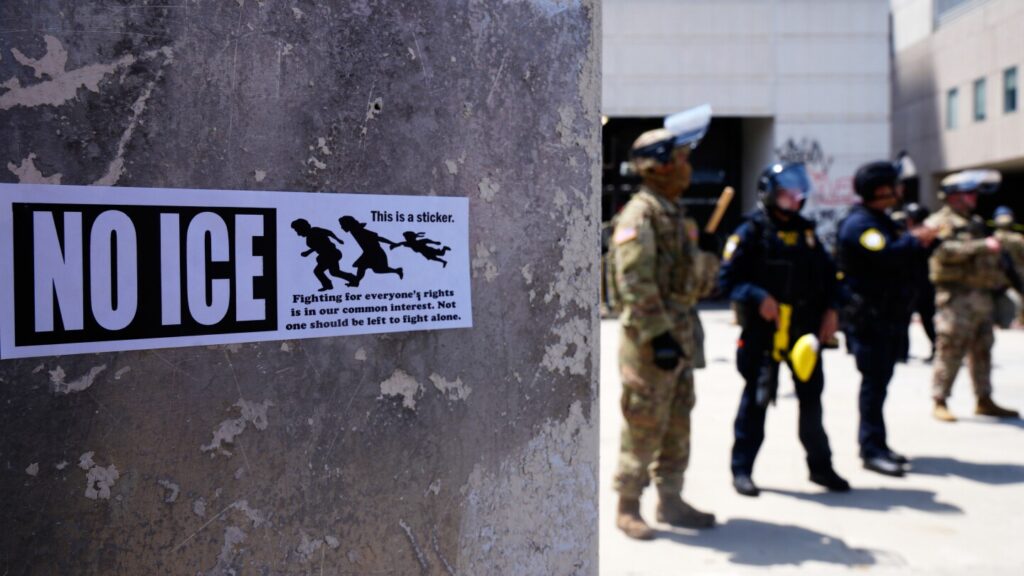A federal judge has issued a temporary restraining order directing President Donald Trump to return control of the National Guard to California, citing the deployment as illegal and exceeding Trump’s authority. The order, effective from noon Friday, was in response to Trump’s deployment of 4,000 National Guard members to Los Angeles during protests over immigration measures. California Governor Gavin Newsom sued to block the deployment, arguing that involving the Guard in immigration raids would escalate tensions. The judge ruled that Trump had not properly called up the Guard in the first place, highlighting the dispute over the president’s use of Title 10 authority to federalize the California National Guard.
In response, the Trump administration criticized the lawsuit as a political stunt, while the Justice Department argued that Trump’s orders were not subject to judicial review. The judge, however, disagreed and emphasized the limitations on presidential authority. The deployment of Guard troops to assist with immigration operations has raised concerns and sparked protests in various cities, with mayors in Los Angeles demanding an end to the raids.
As tensions escalate and legal battles unfold, the issue of federal versus state control over the National Guard remains at the forefront, underscoring the complexities of balancing security measures with constitutional constraints. The situation underscores the ongoing debate over immigration policy and the role of the military in civil matters, with implications for future interactions between federal and state authorities.

